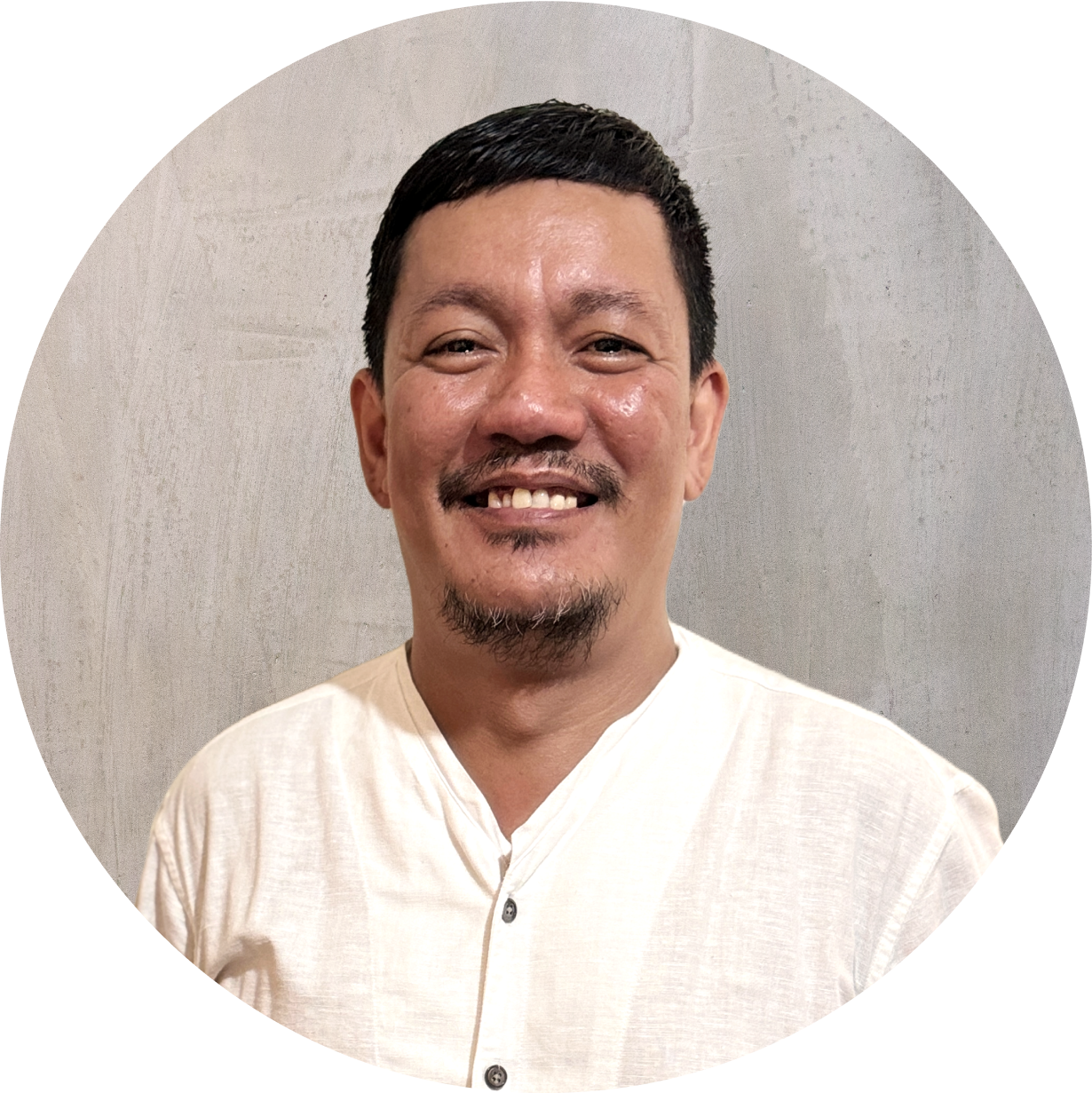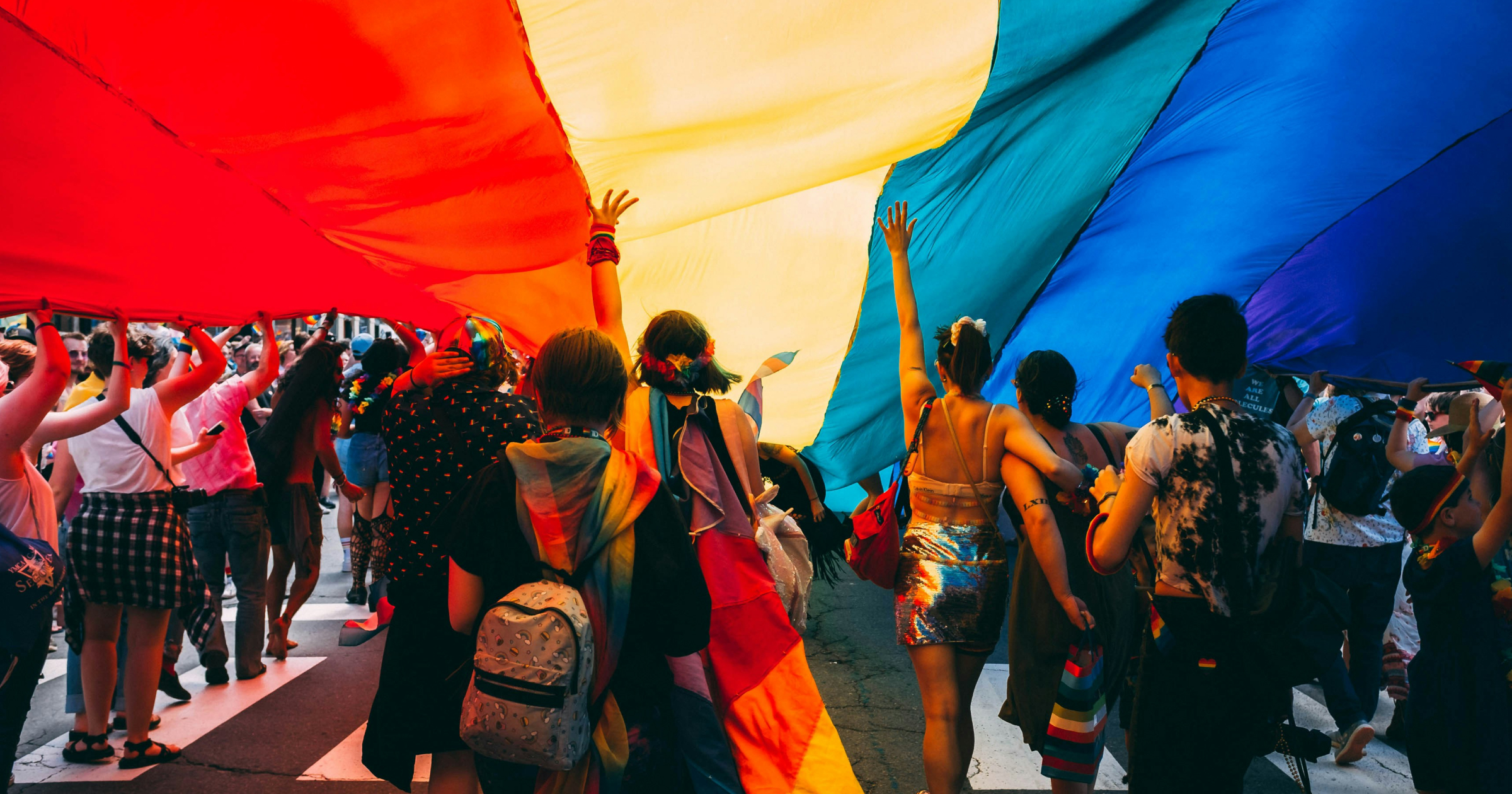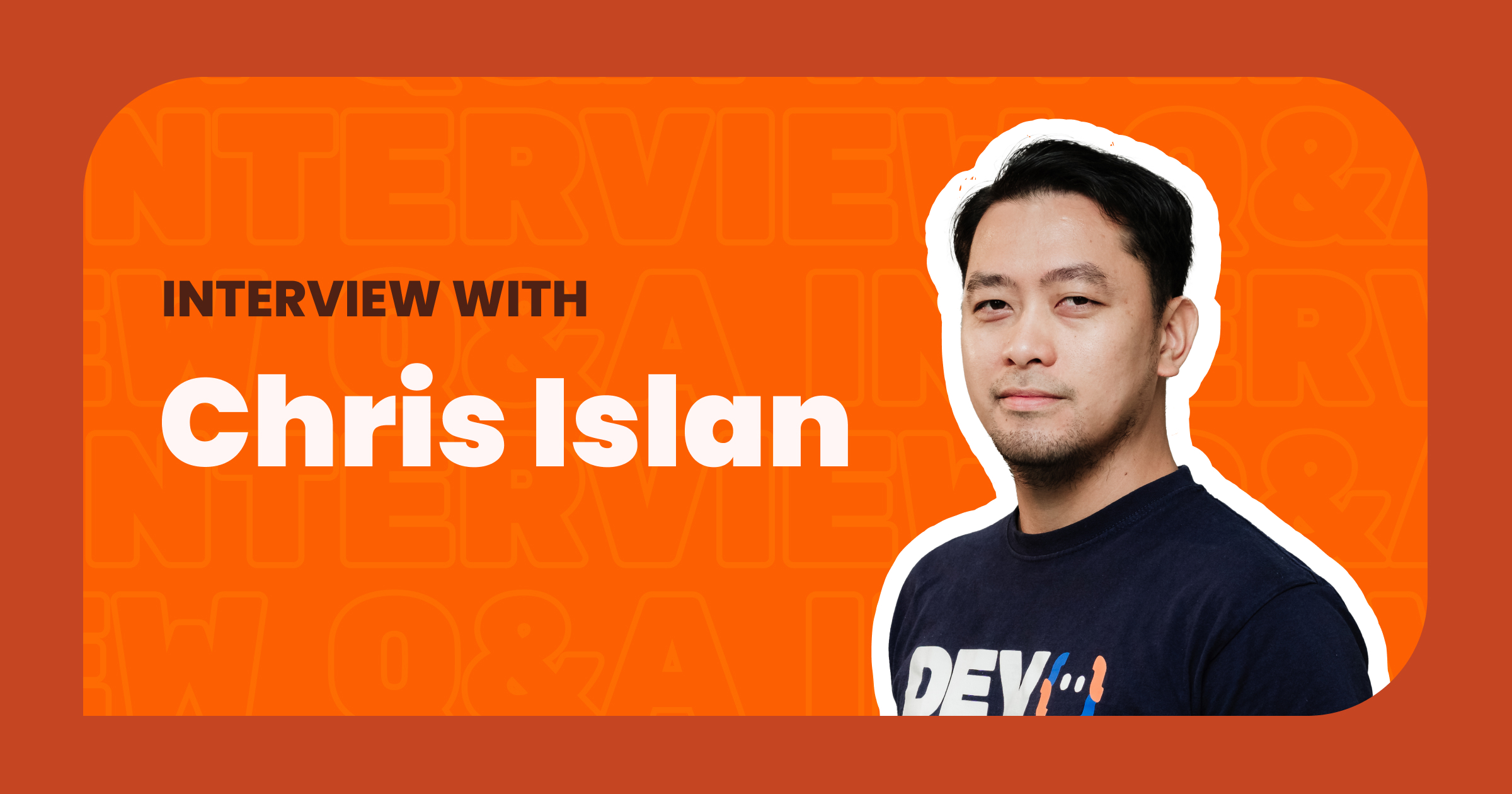
An Interview with Chris Islan, Co-Founder and CEO
You’ll often hear us use the term ‘Bayanihan’—we’ve even heard Brad say it in perfect context, which was very impressive. Some of you might wonder what Bayanihan means. This Filipino term doesn’t have a perfect English equivalent, so Chris has stepped in to explain it further…
“Okay, so when I say Bayanihan for me, it’s a way of life. It’s engraved deeply within the Filipinos. I feel like it is part of our DNA. Since childhood, it has been taught to us and we have seen our family members practise it every single day – through actions like caring for the elders and supporting each other. In the provinces, most families live within a compound (a group of houses closely together) where most of your grandparents, cousins, relatives live. Everyone contributes to what is needed within the compound and wider local community. For example, during a town fiesta, joyful and grand events at the heart of Filipino culture, everyone in the compound either cooks or makes street decorations – whatever they’re best at. We all got involved to support the event and wouldn’t expect anything in return. And this contribution extends to other occasions and calamities.”
Why is this unique to Filipino culture?
“Every single year we encounter multiple typhoons and volcanic eruptions, and many people endure the heartbreak of losing homes and loved ones. But through it all, our local community shines as a beacon of hope and support during these challenging times – giving food, money and help outside of the government. It has become an essential aspect of our way of life. And all you have to say is Bayanihan and everyone knows what it means.”
Chris shared this image, commonly used in books and schools to describe the spirit of Bayanihan – supporting the community and giving back without expecting anything in return.
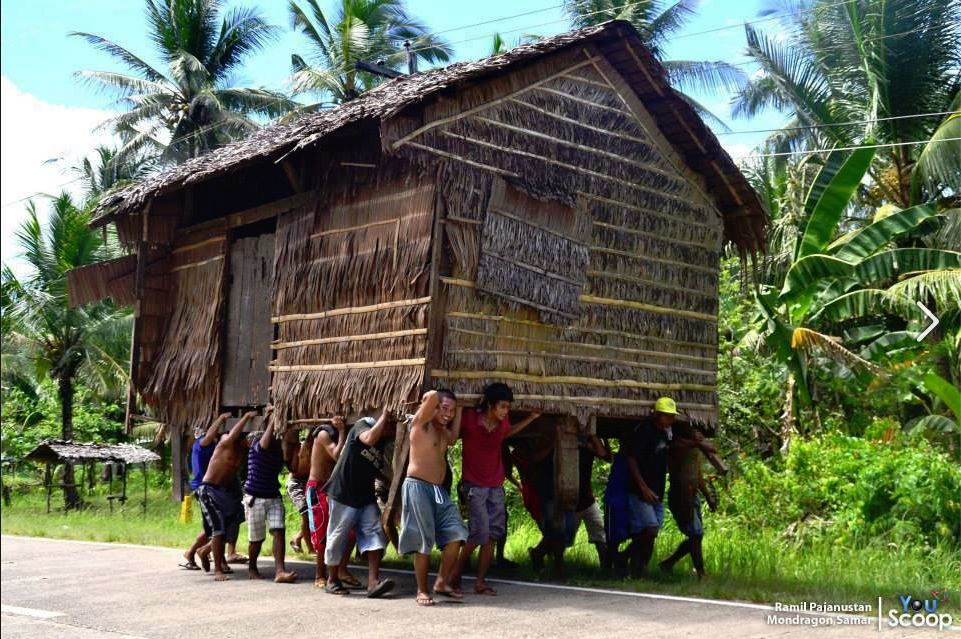
Source: Youscoop
So, how do we practise Bayanihan at Dev Team?
“I observe Bayanihan in how our team members support each other. For example, If a developer has an issue, their colleagues will stop everything they’re doing to help and ensure they’re work is unblocked so they can deliver the task. Everyone understands the importance of team effort and there’s no ego in the hierarchy – we work together. Because ultimately, we’re all working towards our shared goal. And to strengthen this community, we host team building days every 3-4 months – something fun like a day at the beach. They’re designed to bring people together and forge relationships to enhance our workplace community.
That’s how things look internally, then externally it’s all about giving back. And there are lots of our team who’ll sacrifice their own time for our community initiatives. Like we have this program every December, where we partner with the public schools in our area to donate food packages for Christmas. The idea is that we give food for the table to enjoy during the holidays, then they can use their money on other things – school supplies, bills whatever it may be. The schools help us deliver them to the people who need it most. And our team members are involved to make the magic happen and so they understand how we practise Bayaniahn at Dev Team.”
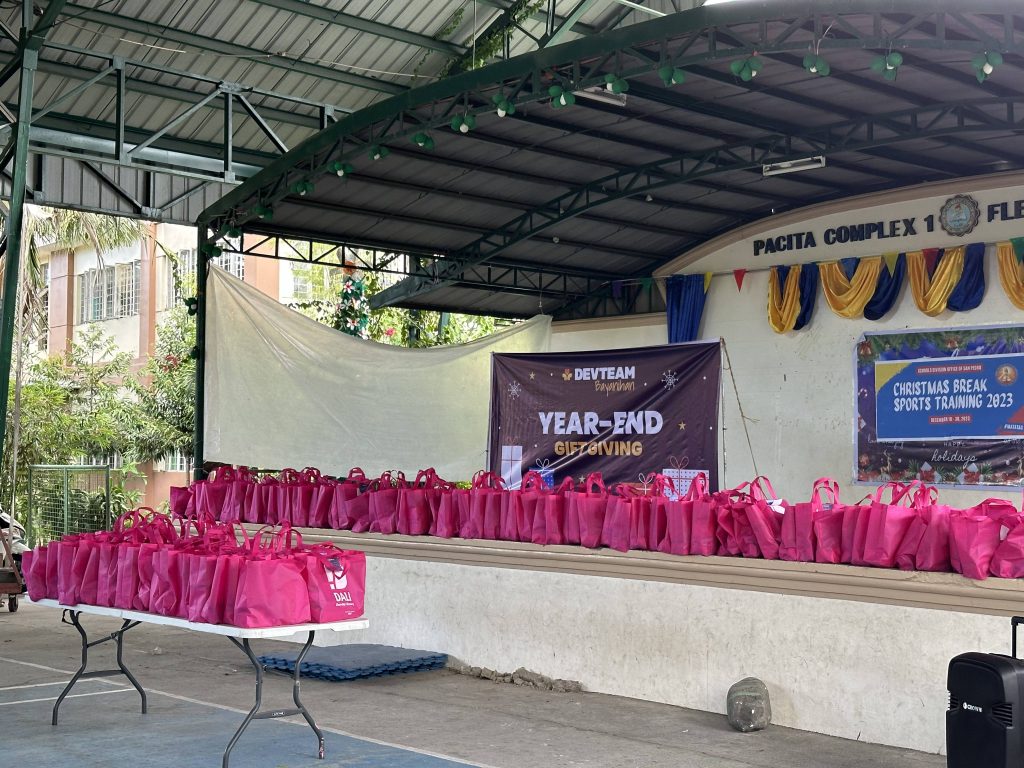
Finally, why should our partners understand Bayanihan?
“Bayanihan symbolises teamwork and mutual support. It’s collective problem solving which resonates with the way we deliver our services. I think it’s important for our clients to understand that it’s not only part of our culture but embedded in our way of working. And our clients benefit from this unity, leading to high quality outcomes and successful partnerships.”
In simple terms, Bayanihan is a spirit of communal unity and cooperation—unwavering support, social consciousness, and the practice of giving back to your community. It’s all about inclusivity, support, and teamwork. Not only is it deeply rooted in Filipino culture, but it’s also a core value of our Dev Team. We strive to embody it throughout our work, people, and community. Let’s dive in and embrace the spirit of Bayanihan together!
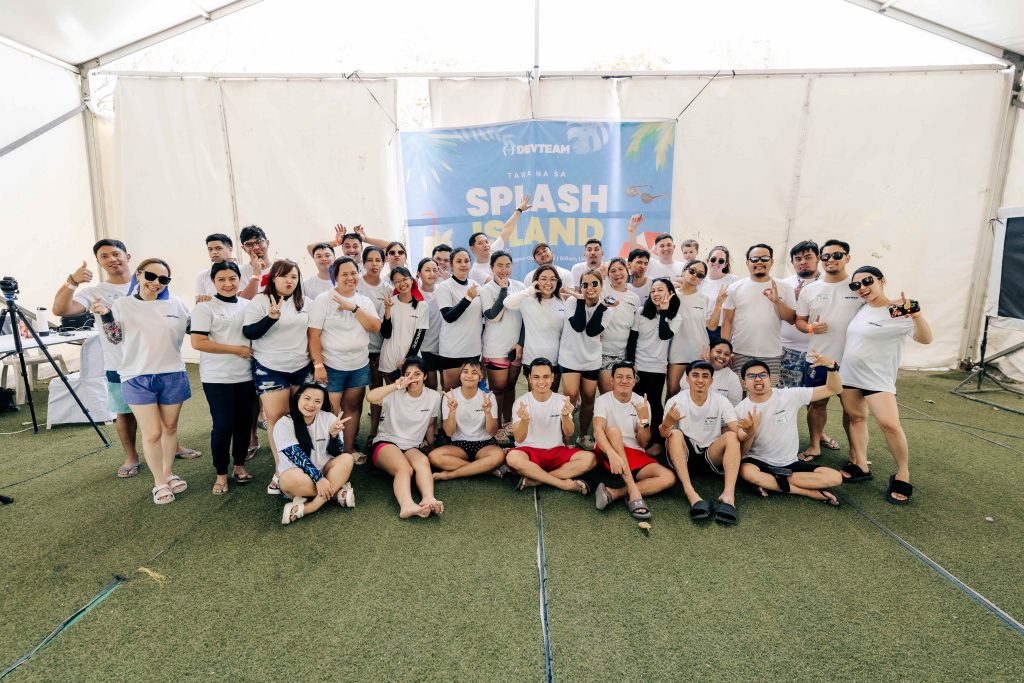
- Right to access: People have the right to know how and why their data’s collected.
- Right to be forgotten: When requested, you must erase all information you have about a person. It must also be as easy for someone to withdraw their consent as it was to give.
- Right to access: People have the right to know how and why their data’s collected.
- Right to be forgotten: When requested, you must erase all information you have about a person. It must also be as easy for someone to withdraw their consent as it was to give.
- Right to access: People have the right to know how and why their data’s collected.
- Right to be forgotten: When requested, you must erase all information you have about a person. It must also be as easy for someone to withdraw their consent as it was to give.

